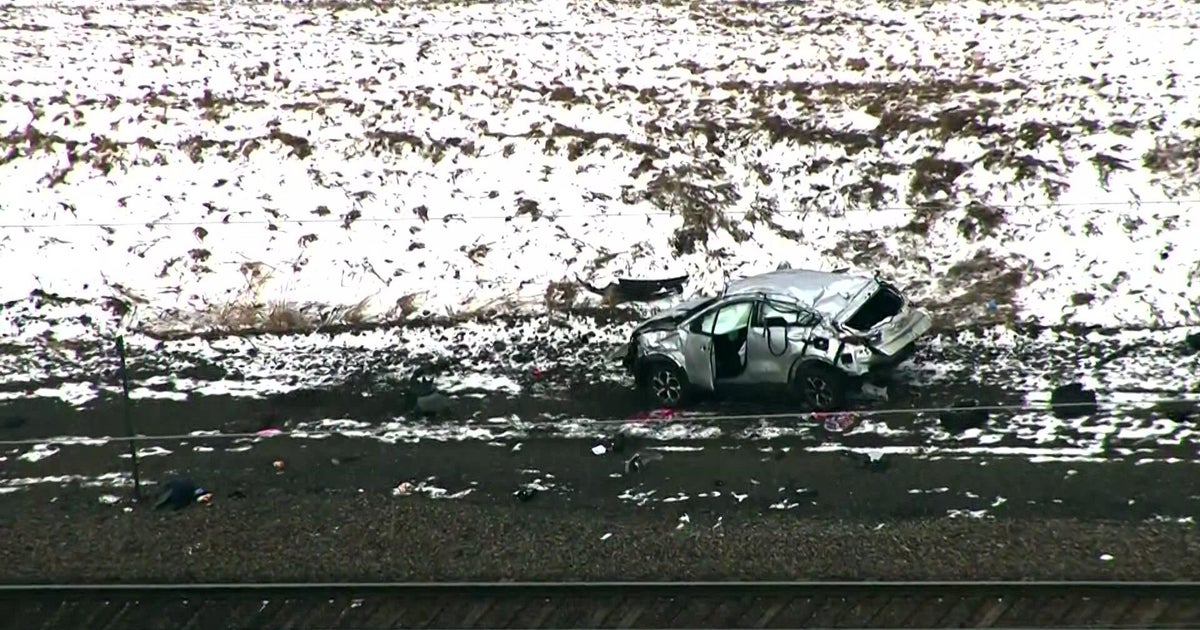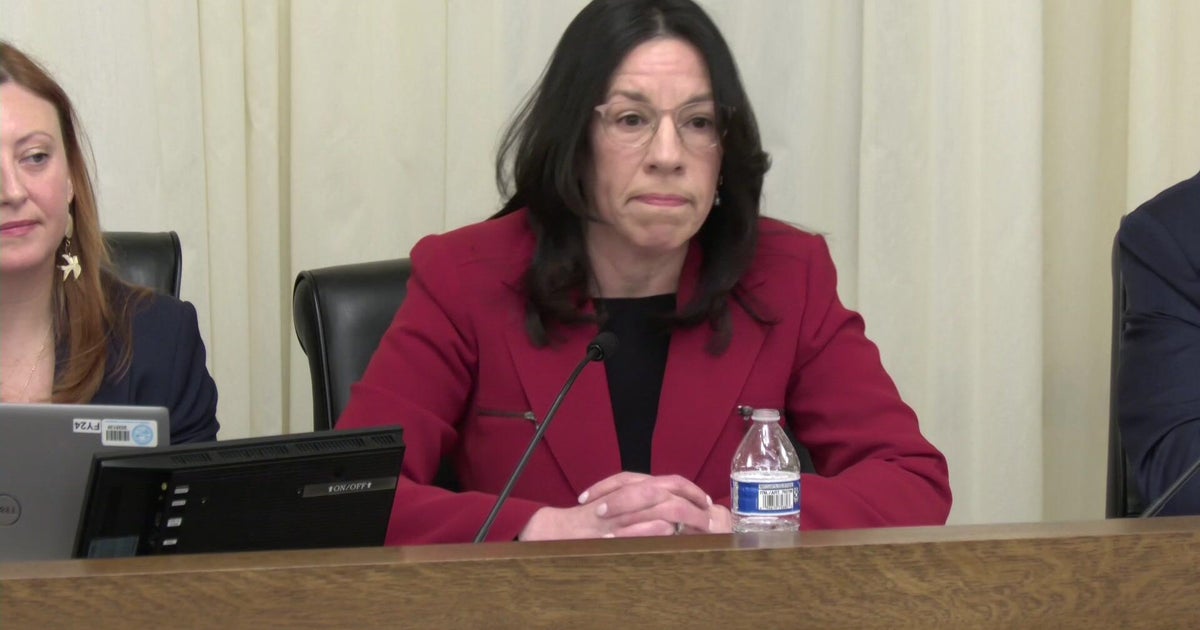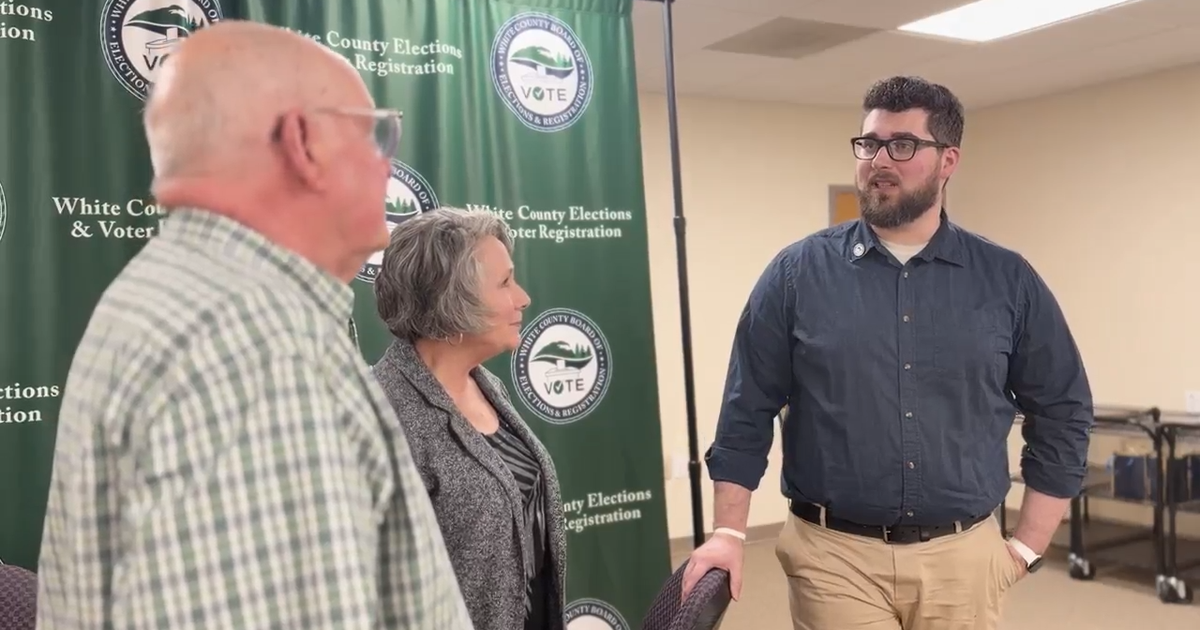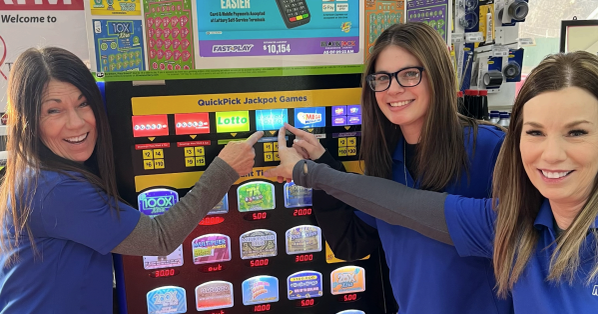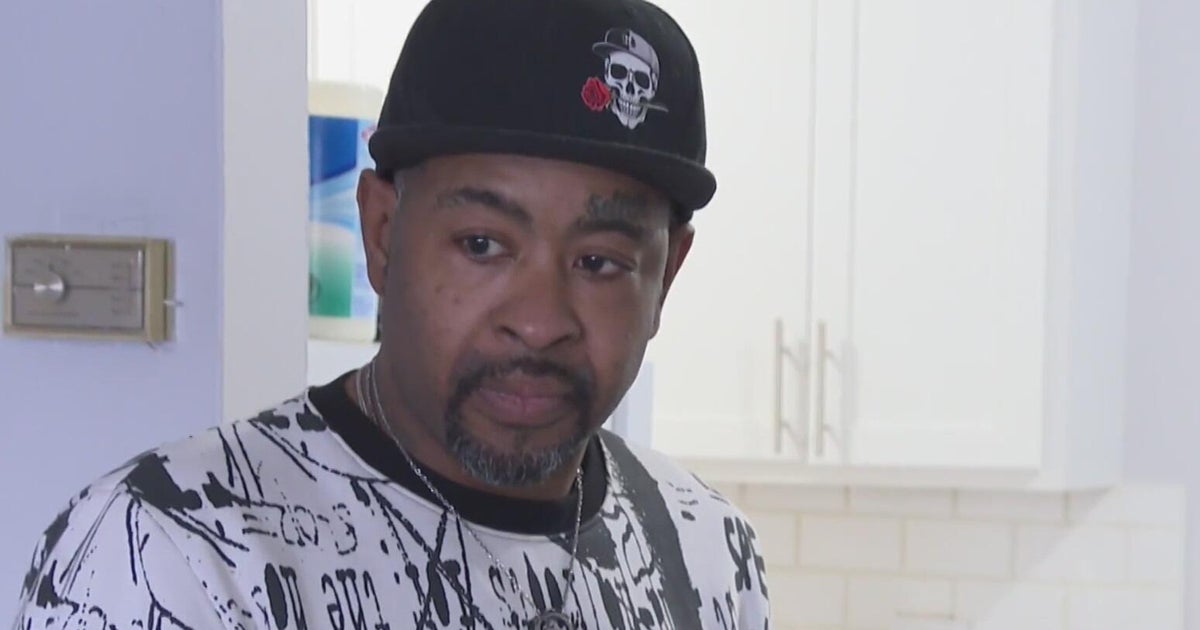Governor, Senate, State House Are Minnesota Prizes
MINNEAPOLIS (AP) — Minnesota joins the rest of the nation Tuesday in a midterm election for everything from governor to local school board seats, with most polling places opening at 7 a.m. and all closing at 8 p.m. Some key things to know about what's at stake:
TOP OF THE TICKET
Democrats headed into Election Day trying not to blow leads in the two biggest races — governor and U.S. Senate. Gov. Mark Dayton and Sen. Al Franken mostly held their lesser-known challengers at arm's length through the fall.
Hennepin County Commissioner Jeff Johnson sought to portray Dayton as incompetent and unaware of some things happening in his administration, such as his surprise over pricey Vikings seat licenses in a stadium heavily backed by public money. Dayton, meanwhile, says he knows the big picture, and touted Minnesota's robust economy and achievements dear to his base, such as increasing the minimum wage.
In the Senate race, Republican investment banker Mike McFadden's first campaign included some early missteps, including supporting the use of Chinese steel — if it was cheaper — to build a massive pipeline. He portrayed Franken as too closely tied to an unpopular president and blamed him for, among other things, a lengthy approval process for copper-nickel mining on the Iron Range. But McFadden struggled to find an effective issue against the incumbent.
THE REAL PRIZE
The biggest story of the election might be which party emerges with control of the Minnesota House. Democrats' two-year grip on the chamber — plus the Senate and governor's office — gave them carte blanche to pursue the party agenda, including legalizing gay marriage and boosting school spending.
But that control was vulnerable. Republicans need to pick up seven seats to reclaim power and return divided government to Minnesota, and many of those are in swing districts, which Democrats captured in 2012 thanks to turnout for President Barack Obama's re-election.
Republicans vow to rein in spending, steer more money to roads and bridges and tackle a school achievement gap, while Democrats promise to tamp down college tuition and improve sick and parental leave laws.
CONGRESS
Control of the U.S. House isn't expected to change Tuesday, and most of Minnesota's races are seen as non-competitive.
The one exception is the true swing 8th District in northeastern Minnesota, where Democratic U.S. Rep. Rick Nolan has had his hands full with Republican and Fleet Farm scion Stewart Mills.
Despite silly moments in the race, including an outside group's attack ad that made fun of Mills' long hair, the money was serious — well over $10 million heading into the final week. Mills called for a "flatter, fairer" tax code and attacked Nolan for supporting the federal health care overhaul. Nolan, seeking his second consecutive term following congressional service decades ago, called himself the candidate of the middle class.
In northwestern Minnesota's 7th District, 24-year Democratic incumbent Collin Peterson is under heavy pressure from Republican state Sen. Torrey Westrom. Peterson, a giant on agriculture issues, has long held challengers at bay with an independent streak that voters in the GOP-leaning district admired, but outside spending made the race closer.
OTHER KEY STATEWIDE RACES
Secretary of State Mark Ritchie didn't seek a third term, leaving his office up for grabs. Republican Dan Severson, a former Navy fighter pilot and former state representative, is making his second run for office, while Steve Simon, a Democratic state representative, aims to keep the office in his party's hands. Simon, who helped write a law that made it easier to vote early, opposes a voter ID requirement. Severson, previously a supporter of such a law, settled for suggesting express lanes for voters with IDs.
Meanwhile, it's been nearly a half-century since Republicans occupied the attorney general's office, which State Sen. Scott Newman is trying to change. He faces Lori Swanson, a two-term Democrat.
GRAB BAG
Two state Supreme Court justices are up for re-election, as is the state auditor. There also are plenty of local races — school board, county commission, city questions, judicial races, county sheriffs and county prosecutors, among others.
Plenty of Minnesota residents cast their ballots well before Election Day — more than 150,000 absentee ballots were requested as of late October. The 2014 primary and general elections were the first since Minnesota adopted "no-excuse" absentee voting, which lets voters do so without needing a reason such as being out of the precinct the day of voting.
___
Online:
Election information: mnvotesinfo.sos.state.mn.us
(© Copyright 2014 The Associated Press. All Rights Reserved. This material may not be published, broadcast, rewritten or redistributed.)
